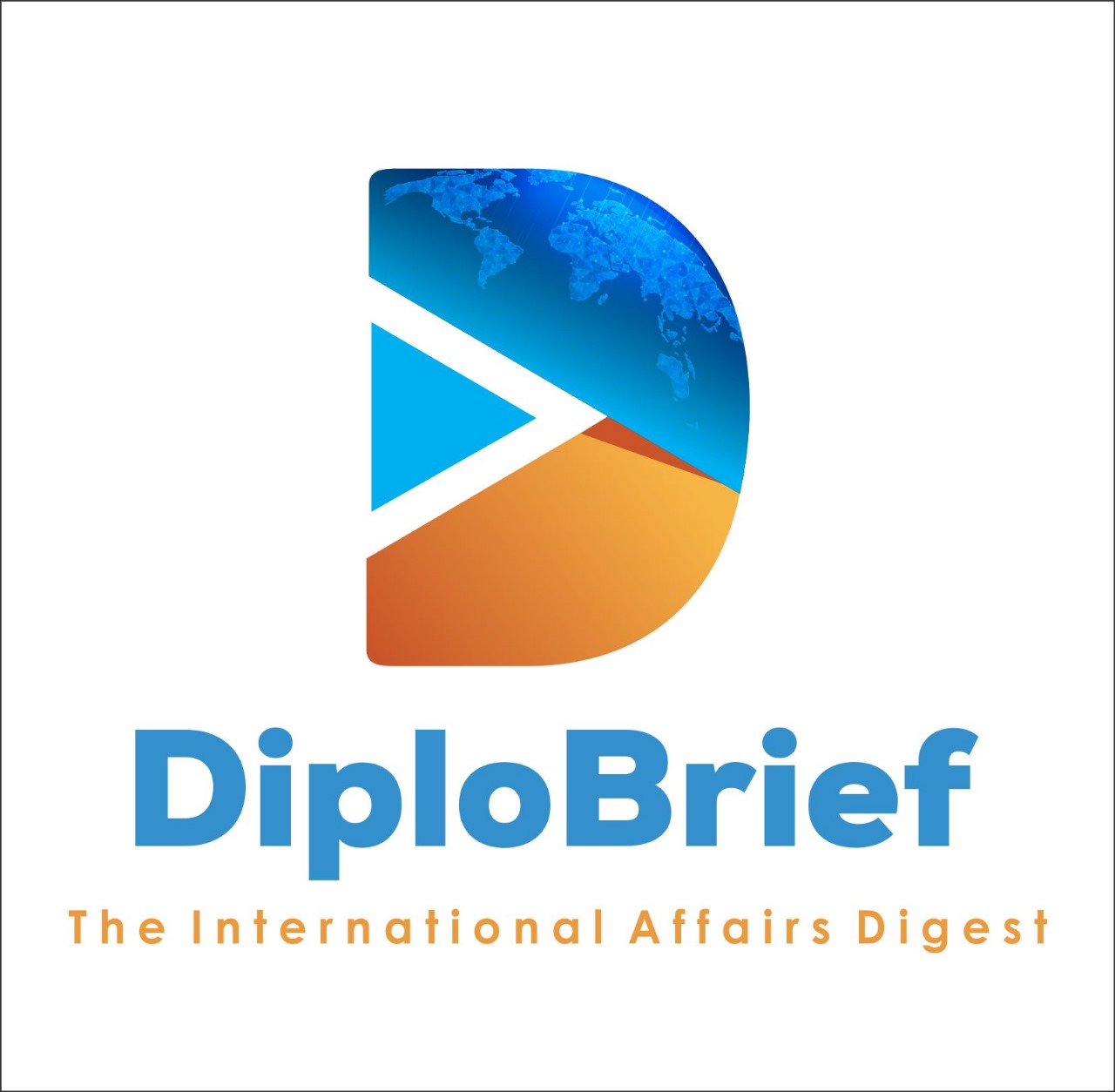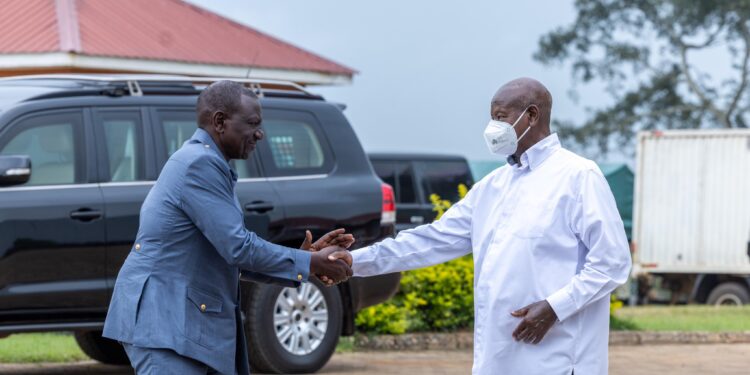The construction of the Eldoret-Kampala-Kigali refined petroleum product pipeline might be back on track, if talks between Presidents William Ruto (Kenya) and Yoweri Museveni (Uganda) materialize.
On Monday, President Ruto said he was glad that the issues affecting the flow of petroleum products between Kenya and Uganda are being resolved.
“We have agreed on a way forward of sourcing and scheduling imports for the region in a manner that will ensure we achieve the most competitive pricing and maximum logistical efficiency. In my meeting with President Kaguta Museveni today, we also discussed the need for the two countries to urgently pursue the design and construction of the earlier conceptualized Eldoret-Kampala-Kigali refined petroleum product pipeline,” President Ruto said.
Kampala sued Nairobi at the East African Court of Justice in December 2023 after Kenya denied the Ugandan government-owned oil marketer a licence to operate locally, and handle fuel imports headed to Kampala.
In November, Kenya declined to issue Uganda National Oil Corporation (Unoc) with licence to operate as a local oil marketer, prompting Uganda to go to the regional court last month in a bid to compel Kenya to issue the greenlight. Uganda accused Kenya of reneging on an earlier commitment in April last year, to support Kampala’s quest to directly import its fuel starting this month.
Ruto appears to reach a deal on condition of Kampala’s support to revamp the pipeline project.
The 2014 project, among the priority initiatives for the East African Community, already had feasibility studies done and tender documents for the extension of the existing oil products pipeline from Kenya to Uganda and Rwanda, completed.
However, mobilisation of resources and other national interests priorities led to the stalling of the project.
The project sections include Eldoret (Kenya) – Kampala (Uganda), Kampala – Kigali (Rwanda) and Kigali – Bujumbura (Burundi). In addition, according to the plan, an oil products pipeline will link a new refinery in Hoima (Uganda) to Kampala making it a hub for refined oil products from the discoveries in the Albertine Graben for distribution in the region through the planned pipeline network.
Kenya has, however, upgraded 220km of its 450km Mombasa-Nairobi line at a cost of $490.3 million.
According to the EAC, the projects seek to facilitate efficient, safe, cost-effective and environmentally-friendly distribution of the oil products.
However, the development of the petroleum product pipeline has been unable to proceed as a Public-Private Partnership (PPP) project.















